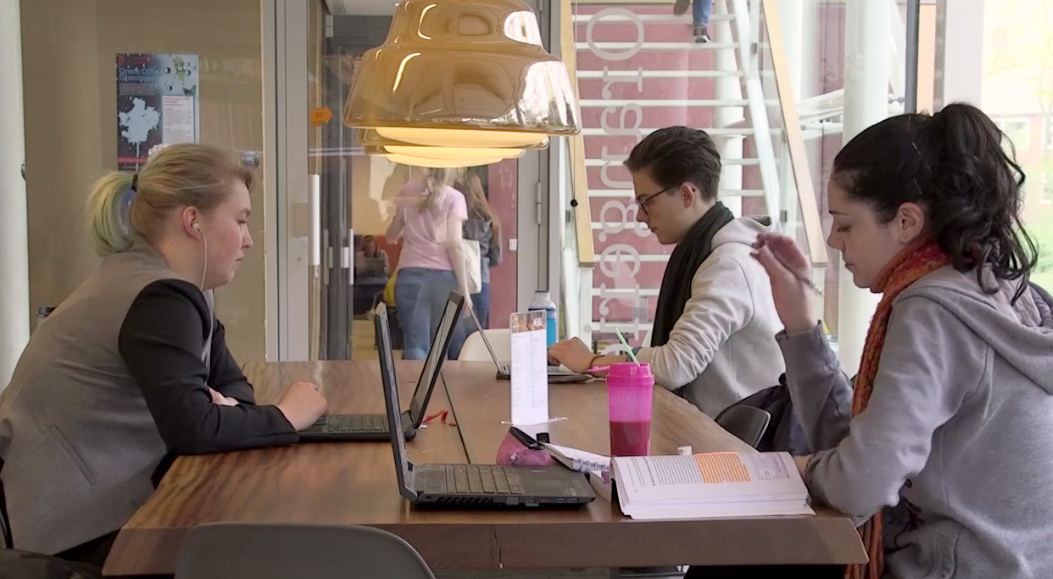Kleinschalig groepsonderwijs: subgroepvorming op basis van prestatie
Kleinschalig onderwijs wordt steeds meer de norm, massacolleges zijn uit. Ook bij de RUG wordt gewerkt met ‘learning communities’. In deze groepen van 12 personen leren studenten elkaar snel kennen. Ook de samenwerking verloopt soepel. Zo bevordert kleinschalig onderwijs de interactie tussen studenten en met hun mentor/docent. Er worden sneller vriendschappen gesloten en de ‘zelfeffectiviteit’ (het geloof in eigen kunnen) neemt toe. Dat is gunstig voor het studiesucces. Uit onderzoek van Jasperina Brouwer blijkt niettemin dat beter presterende studenten naar elkaar toe te trekken, evenals minder presterende.
Zo ontstaat het risico op prestatiesegregatie, waarbij ‘soort zoekt soort’ geldt. Dat is niet altijd de meest strategische keuze. De ambitie van de Nederlandse overheid luidt dat elke student het beste uit zichzelf moet halen. Willen we het potentieel van alle studenten benutten, dan is er meer onderzoek nodig, vooral naar die vorming van subgroepen op basis van prestaties.
Meer informatie

Video's RUG
Het online videomagazine Unifocus belicht wekelijks onderwerpen die annex zijn met de Rijksuniversiteit Groningen, op het gebied van onderzoek (en samenleving), studentenleven, onderwijs, beleid en internationalisering. Andere video's staan in onze videoportal.
Meer nieuws
-
17 februari 2026
Van ghostbuster tot rampenonderzoeker
-
03 februari 2026
‘Daar zit een goeie kop op’
-
20 januari 2026
Alcohol, appen en e-bikes
